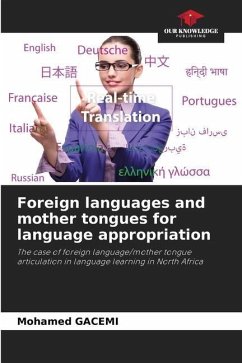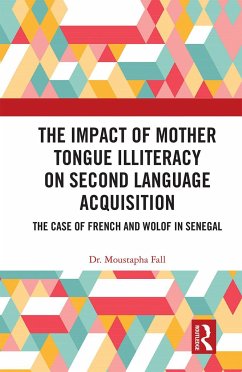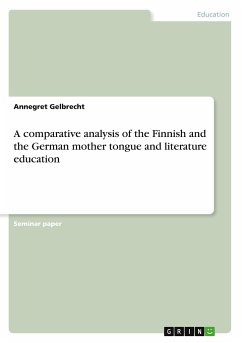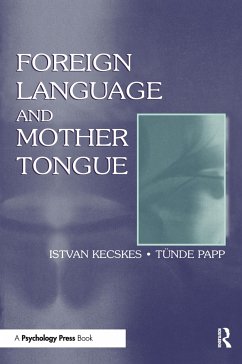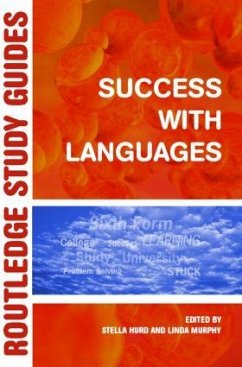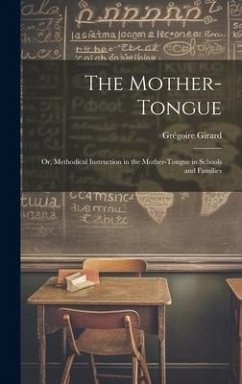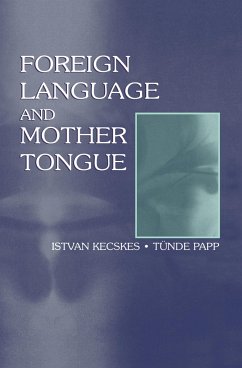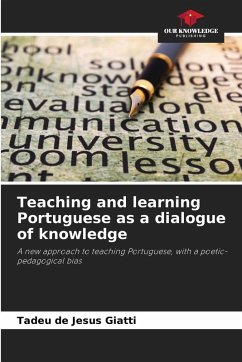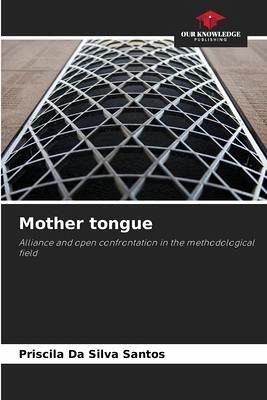
Mother tongue
Alliance and open confrontation in the methodological field
Versandkostenfrei!
Versandfertig in 6-10 Tagen
41,99 €
inkl. MwSt.

PAYBACK Punkte
21 °P sammeln!
This work was born with the purpose of analyzing which enunciative strategies constitute the (in)distinction between Portuguese Language and Mother Tongue in the initial training of Portuguese teachers. We start from the assumption that the spread of the term "mother tongue" has to do with the discussions that, in Brazil, gained strength from 1970 onwards, occasion in which the democratization of the access to education, the insertion of Linguistics in the curriculum of Language courses, the fight against linguistic prejudice and the discussions about teaching or not teaching grammar collabora...
This work was born with the purpose of analyzing which enunciative strategies constitute the (in)distinction between Portuguese Language and Mother Tongue in the initial training of Portuguese teachers. We start from the assumption that the spread of the term "mother tongue" has to do with the discussions that, in Brazil, gained strength from 1970 onwards, occasion in which the democratization of the access to education, the insertion of Linguistics in the curriculum of Language courses, the fight against linguistic prejudice and the discussions about teaching or not teaching grammar collaborated to the questioning of the monolithic conception of language that would have reigned until then. In order to carry out such an analysis it was necessary to select three fields that directly influence the construction of the concept of "mother tongue": the Official, the Academic and the Methodological. In this way, by relating official documents and concepts derived from linguistic studieswhich circulated in the teaching context, it was possible to glimpse what would become "mother tongue" in the context of teacher education. The present publication is an opportunity to share our concerns with teachers and teacher educators.



